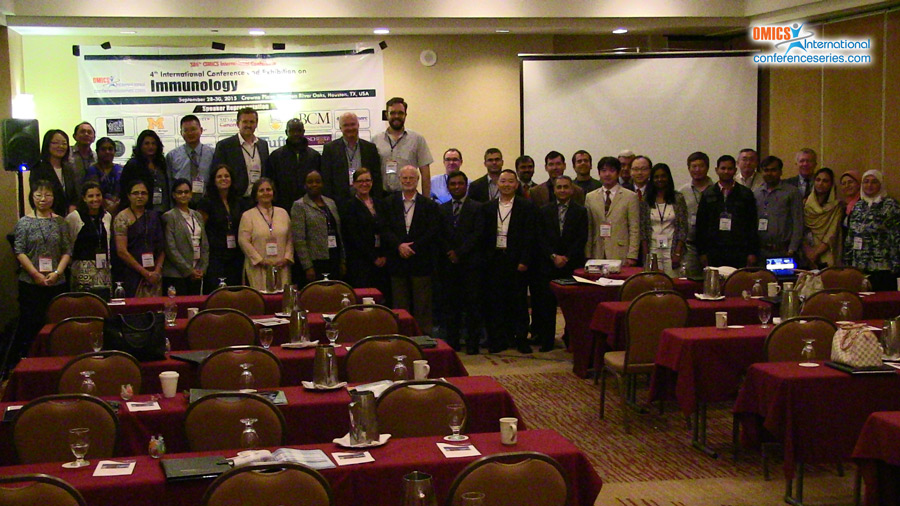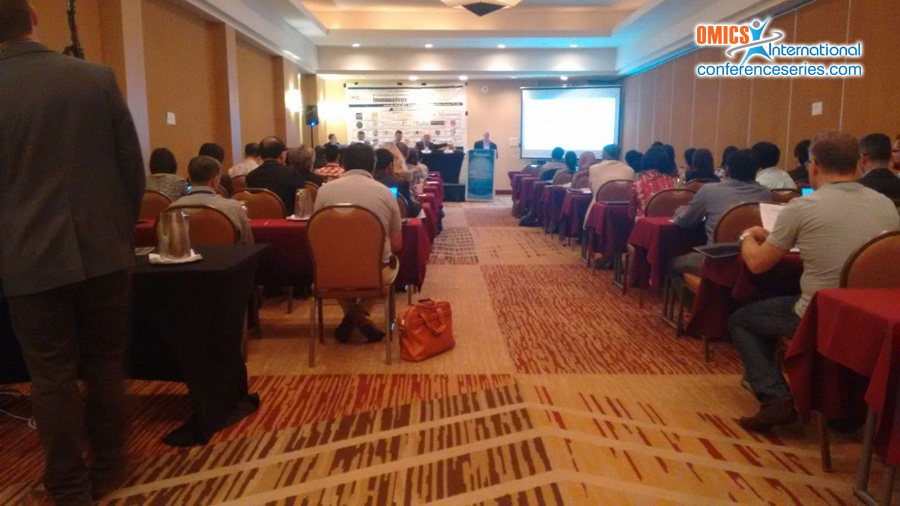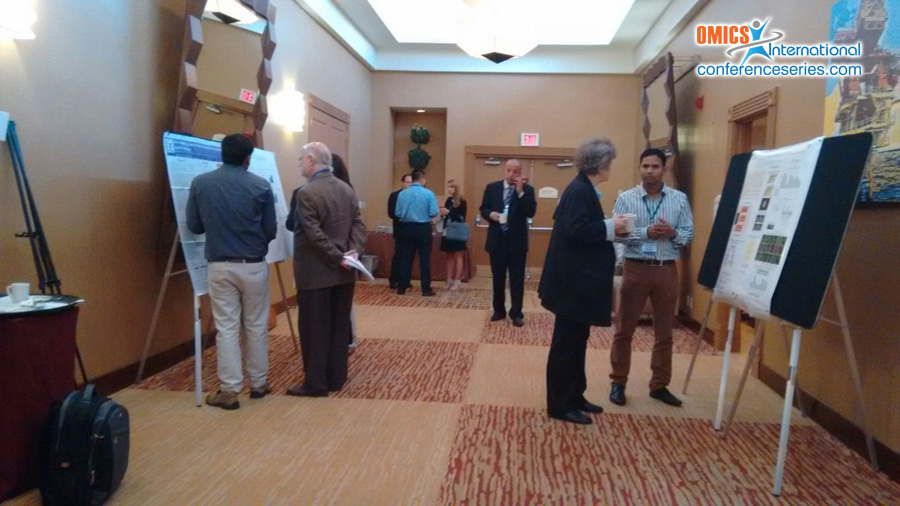
Biography
Biography: Eitedal Mahmoud Daoud
Abstract
The antioxidant activity of honey was not influenced after digestion. There is a significant correlation between the antioxidant activity, the phenolic content of honey and the inhibition of the in vitro lipoprotein oxidation of human serum. Honey intake caused a higher antioxidative effect in blood than the intake of black tea, although its in vitro effect measured as ORAC activity was five times smaller than that of black tea. Darker the honey, the higher is the phenolic content and its antioxidant power. Further, in a lipid peroxidation model system buckwheat honey showed a similar antioxidant activity as 1 mM α-tocopherol. Also, the influence of honey ingestion on the antioxidative capacity of plasma was also tested. In the first study, the trial persons were given maize syrup or buckwheat honeys with a different antioxidant capacity in a dose of 1.5 g/kg body weight. In comparison to the sugar control honey caused an increase of both the antioxidant and the reducing serum capacity. In the second study humans received a diet supplemented with a daily honey consumption of 1.2 g/kg body weight. Honey increased the body antioxidant agents: Blood vitamin C concentration by 47%, β-carotene by 3% and uric acid by 12% and glutathione reductase by 7%. It should be kept in mind that the antioxidant activity depends on the botanical origin of honey and has remarkable variations in honey from different sources. The antioxidant activity of honey is probably the reason of the protective effect of honey against damage and oxidative stress induced by CS in rat testis. Manuka honey protects middle-aged rats from oxidative damage. Ingested honey resulted in different antioxidant effects: the level of DNA damage was reduced, as well as the malondialdehyde level and the glutathione peroxidase activity in the liver of both the young and middle-aged groups. The glutathione peroxidase activity was increased in the erythrocytes and the catalase activity was reduced in the liver and erythrocytes of both young and middle-aged rats given supplementation.
Speaker Presentations
Speaker PDFs
Speaker PPTs Click Here



